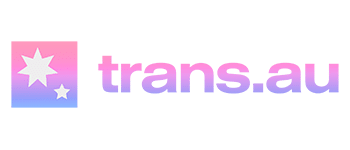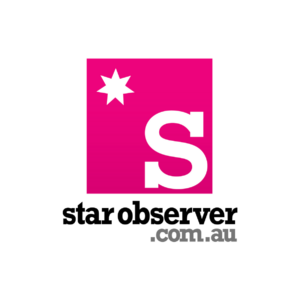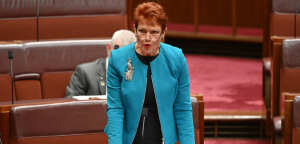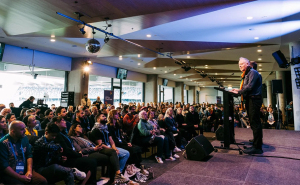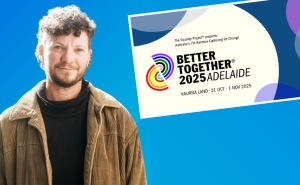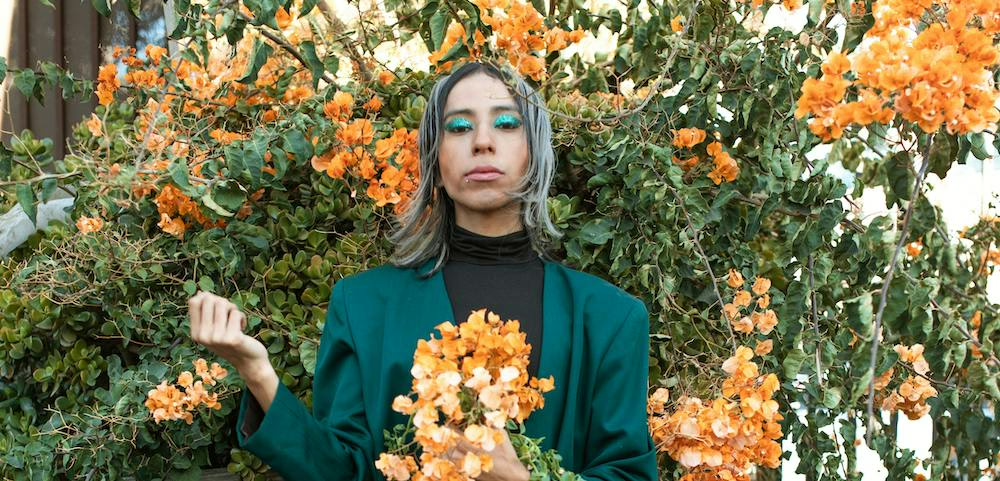
‘Life Never Arrived: What It’s Like Going Through Gender Transition When You’re Middle-Aged’ is an opinion piece by Dr. Antimony Deor.
When my 36-year-old friend casually called himself middle-aged, I nearly fell off my chair. I was only a few years younger than him and felt like my life hadn’t even begun, let alone hit its halfway mark already.
But after doing the maths – taking into account the life expectancy of someone born in the 80s, the lifespan of my grandparents, my low income and health conditions – I realised that 70 is probably as good as I’m going to get. And if 70 is the end, then I guess my 30s are the middle. Happily, this meant I could neatly segue my quarter-life crisis into my mid-life crisis without even having to marry my secretary.
Gender transition: it’s about time
As the introverted child of English parents, quietly waiting my turn is something I was born to do – a genetic, even spiritual imperative. I’ve waited in queues, I’ve waited for buses, and, for years, I waited for my own life to start. I patiently looked forward to the time when everything would click into place, when I’d get my lucky break, when I’d start to get a handle on things. But life never arrived.
Transitioning in middle-age isn’t about catching up or making up for lost time. It’s about deciding it’s time, going out to meet life rather than expecting it to show up best dressed. The culture wars are fixated on trans youth, which makes it seem that only young people are transitioning. This both puts too much pressure on kids, and ignores the large
proportion of the trans community that figured it out later in life.
The clock thickens
There’s this assumption that it’s better to go through gender transition when you are young. This comes from a few places – the idea that hormones work better when you’re still growing, so physical changes happen faster and more dramatically. Then there’s the belief that the longer you wait before taking hormones, the more secondary sex characteristics you’ll have to eventually reverse.
Transition is supposed to mark a clear line between living a sad, grey half-life and finally embodying your wonderful true self, so obviously you’d want to get that done as soon as possible. Young people might also be covered by their parents’ private health insurance, which can help (a little bit) with the massive cost of surgery and medication.
To be fair, the above is true for a lot of people, and this isn’t an essay arguing everyone should wait 50 years before transitioning.
However, this assumption can leave oldies like me feeling like we’ve missed the hotness boat – especially trans femmes who have to contend with the ordinary beauty standards of women as well as the extraordinary standards of passing. Some of the pressure to transition young comes from cis-normative beauty culture, a general fear of ageing, and a
specific fear of being clockable as trans in a hostile society.
On the other hand, there’s an assumption that middle-aged people know themselves better, can think more rationally, have years of wisdom to draw on, and have more money.
While this might be a comforting idea, it’s unfortunately not always so straightforward – frankly, I’ve never been hotter, dumber or poorer than I am now at 38.
Age against the machine
Transitioning in middle-age comes with its own ups and downs. In my 20s I was denied a hysterectomy by multiple doctors, but in my 30s it was a breeze. People seem to take me seriously just because I’m old even though secretly I’m still as much of a mess as I was 20 years ago. A lot of people in their 30s and 40s have families and jobs and long-term
relationships that can be very scary to disrupt. We are all very tired so hormonal disruption can be hard to handle. Taking testosterone and immediately sprouting old-man ear hair and John Howard eyebrows is a profoundly humbling experience.
Sometimes I wonder how my life would have been different if I had learnt what trans non-binary meant when I was 25 instead of 35. I imagine what my career would look like if I wasn’t constantly trying to shrink into the background. I feel sorry for the person who hated their body but assumed that all women felt that way.
I could say that transitioning in middle-age has given me the life experience to empathise with women or means I’m more resilient or better able to navigate bureaucracy. It’s true, but really, reality is never just good or bad – it simply is.
In the end, there’s no perfect time to transition. The idea that younger is better, or that ageing brings any kind of clarity or certainty misses the point entirely. Gender transition is inherently future-focused, a self-construction project. It’s ok to wish it could have happened sooner, and natural to grieve for what might have been. But the important thing is that it’s happening at all.
